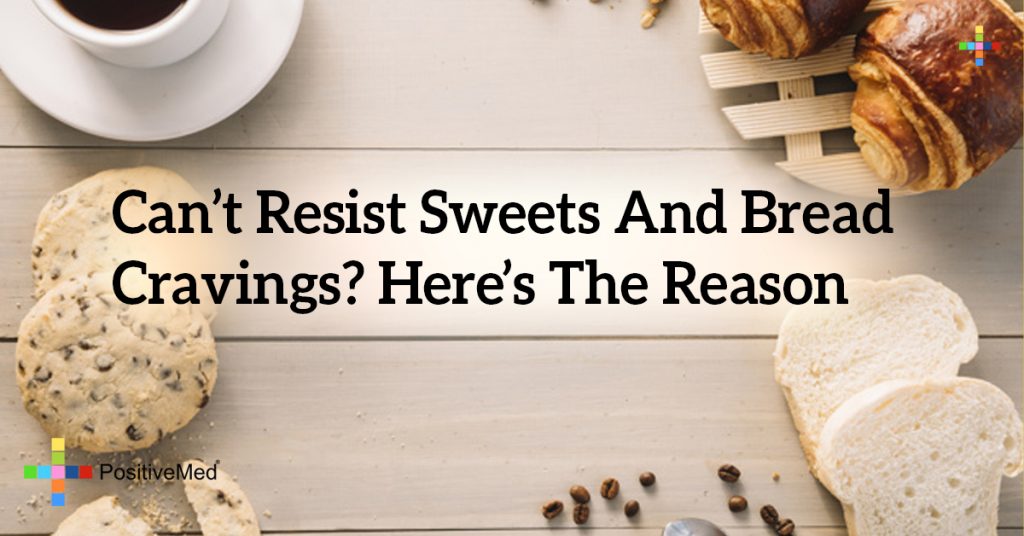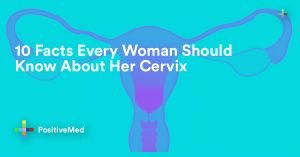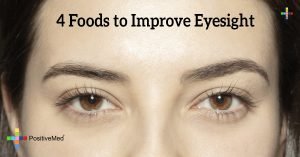
Can’t Resist Sweets And Bread Cravings? Here’s The Reason
[nextpage title=”…”]
Once again, you’ve vowed to cut down on those delicious foods like sweets and bread and yet once again you’ve been unable to help yourself. Why? New research has discovered that many people overindulge in carb-heavy foods because their body is actually craving tiny but critical amounts of essential minerals and vitamins. It has now been shown that many people overeat bread and sweets made from flour because their bodies have a critical deficiency in nitrogen compounds.

Nitrogen compounds are used by the body in combination with protein and nucleic acids. What researchers discovered is that diets low in nitrogen compounds can easily lead to protein deficiencies which many people respond to by giving into extremely strong cravings for bread and sweets. Nutritionists recommend treating nitrogen deficiencies by eating foods that are rich in nitrogen compounds like raw, whole fruits and vegetables which should cause cravings for bread and sweets to become more manageable. Foods high in protein like meats and nuts can also address cravings related to protein deficiencies.
For individuals who have strong cravings for oily or fatty foods, this may be an indication of a deficiency in the essential mineral calcium. Aside from the standard solution of consuming more dairy, effective foods to add beneficial calcium to the diet include turnip greens, spinach, broccoli and other green vegetables.
Some individuals experience overpowering cravings for salty foods which can be an indication of a lack of either the mineral silicon or chloride. Although the body only needs small amounts of these essential minerals, a deficiency can lead to overpoweringly strong cravings. To get more chloride and silicon in your diet, nutritionists recommend eating more oily fish, goat milk, seeds, and nuts, especially cashew nuts.
[/nextpage] [nextpage title=”…”]
Probably the most common cravings that a lot of people experience is an overwhelming urge to eat more sugary foods. Nutritionists now understand that a craving for sweets can often be linked to a lack of the essential elements carbon, chromium, phosphorus and sulphur or a shortage of the amino acid tryptophan. To get more chromium in your diet, eat broccoli, grapes, dairy or poultry. Fresh fruits in their whole state are ideal for adding an essential carbon to your diet. To address a shortage of phosphorus, try eating more poultry, beef, oily fish, eggs, dairy, whole vegetables and nuts. Only small amounts of dietary sulphur are necessary for a balanced diet so be sure to occasionally consume sulphur-rich foods like radishes, cabbage, cauliflower and cranberries. And to add a sufficient amount of tryptophan to your diet, eat plenty of raisins, sweet potatoes, spinach and cheese.
RELATED ARTICLE: 10 Ways to Stop Sugar Cravings
If you find yourself with cravings for ice, this can be an indication that your body is low in the essential mineral iron. Try eating foods with a lot of iron like meat, sea vegetables, dark leafy greens and molasses.
If you describe yourself as an unrepentant “chocoholic”, this may be because your body is low in the essential element magnesium. Nutritionists recommend switching to raw forms of chocolate or bars of dark chocolate. Another way to get more magnesium is eating foods like dark leafy greens, seeds, nuts, oily fish, beans, and molasses.
Calcium, phosphorus, and magnesium are all used by the body to form and maintain bone health. Magnesium is an essential component of nerve health as well as muscles and regulating how much water is used by the body. Tryptophan is used to make serotonin, the so-called “pleasure” hormone. Iron is a prerequisite for healthy blood as iron is used by red blood cells to carry oxygen to the muscles and cell tissues. Chlorides are part of the electrolytes and needed for vascular constriction and dilation, muscle building and a healthy nervous system.
Nutritional experts are now coming to understand that formulating a healthy diet requires a complex balance of essential minerals, vitamins, fiber, protein, sugars, fats, and carbohydrates. The body will often respond to any deficiencies in these areas by triggering cravings, causing people to overeat available foods in a desperate attempt to make up for dietary imbalances. Understanding and identifying the underlying dietary deficiencies can allow people to adjust their diet accordingly and thus put an end to cravings.
[/nextpage]





